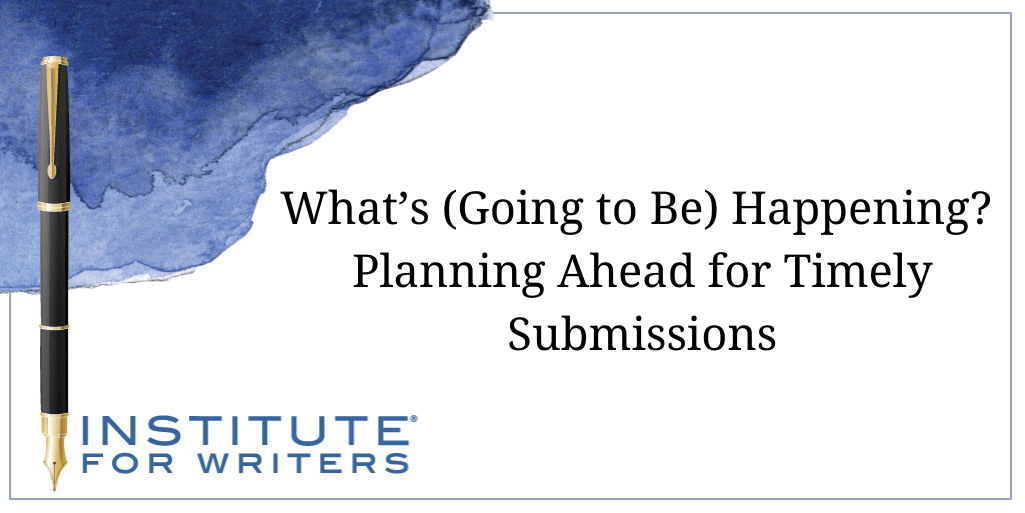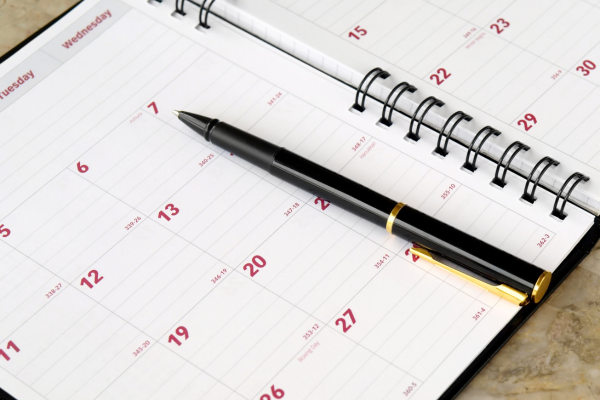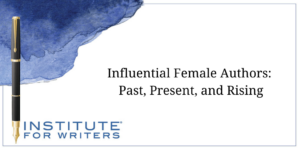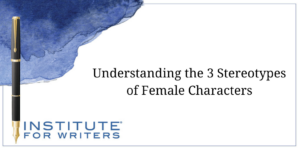
The Layers of Revision
To many, writing is revision, and most writers revise their manuscripts numerous times before they’ve shaped it into the best version that it can be.

Authors often write about “what’s happening” in the present. Many publications, especially those that appear daily or weekly, strive to be up-to-date and the first with the latest. Maybe you like to write about current events, issues, fads, and people in the news? If so, you probably have learned to work quickly as you research a topic and write a query or draft to submit to the markets.
Other writing projects require us to look toward the future (which could also mean revisiting the past—more about that later). What will be interesting and relevant in four to eight months? Most magazines plan their issues at least that far ahead and sometimes more.
Writers also look ahead to the next year, or even several years from now, especially if they are planning a book or other project that requires extensive research. If your proposed book relates to an upcoming event or historical anniversary, you will want to prepare and submit your proposal in time. This means allowing months for agents and/or editors to respond, along with one or more years to edit and revise a manuscript before the book appears in print.
Historic events are commemorated on a regular basis, especially at the 50- or 100-year mark. For instance, new books about the Civil War emerged from 2011 to 2015, marking the 150th anniversary, and periodicals featured numerous articles about Civil War people, places, and events. Likewise, authors planned ahead of 2016 for books that tied in with the 100th anniversary of the creation of the U.S. National Parks Service.

Do you enjoy writing about sports? Each year, competitive events take place at regular times, so we can plan to write about those, as well as less frequent events, including the Olympic Games. The next Winter Olympic Games are scheduled for February 2022, in Beijing, China. While that is only six months away, there is time to market a book idea to coincide with the next Summer Olympics, scheduled for 2024. (Note: Tie-ins can also delay the appearance of a book. When a student in one of my workshops sold a biography of an Olympic gold medalist in gymnastics, the publisher delayed its release for an extra year to coincide with the next Summer Olympics.)
Think about local history, too. Does your town plan to celebrate its centennial or sesquicentennial? What year will mark the anniversary of an important local event, invention, building, or famous person’s birth? When is the next local fair or festival that captures your interest? You might write about these things for regional publications.
Writing with an eye toward the future requires planning. I learned this early in my career when I set a goal of submitting at least one fiction or nonfiction magazine piece each month. It made sense to consider holiday topics for several of those months, so I explored reference materials about different holidays, along with lists of upcoming events and historical anniversaries. While researching Halloween topics, I came up with ideas for three articles and two short stories that I sold over the next two years. One passage from a dusty, leather-bound volume of British folklore sparked a fiction idea for my first published book.
In an article for The Writer, author Janet Shafer Boyanton described her routine of taking a calendar and looking “eight to nine months ahead.” She wrote, “If it is February, you will find yourself looking at October and November. Both months have major holidays, Halloween and Thanksgiving. . . . My calendar also lists World Vegetarian Day . . . Canadian Thanksgiving in October, and Election Day in November.”
Don’t overlook lesser-known events and holidays. Editors usually receive many submissions for Christmas, Hannukah, Valentine’s Day, Halloween, and Thanksgiving. What about Arbor Day, Labor Day, Cinco de Mayo, United Nations Day, Juneteenth, Groundhog Day, or Grandparents Day? And have you heard about Press Freedom Day, Star Trek Day, Tattoo Day, National Coffee Day, and even National Irish Coffee Day? Months also have special designations, including National Honey Month, National Picnic Month, National Military Family Month, and Bullying Prevention Month. A number of websites offer calendars and lists with national and international designations for days, weeks, and months, as well as holidays around the world.
New ideas can materialize once you start thinking about specific events, anniversaries, or holidays. Then, decide what to write. Will you develop a short story, informational piece, recipe, craft idea, memoir, interview, family project, puzzle, or inspirational piece related to your chosen topic?
Next, identify the market(s) you will target. List magazines (or book publishers) you have written for in the past, or would like to write for, that are appropriate for your project. Study their submission guidelines. Along with other information, magazine guidelines may tell writers when to submit their work for different seasons or holidays. For example, one magazine usually works four months ahead with each issue but wants to receive holiday material one year in advance. This can be convenient if you find it easier to write about the holiday while you’re in the midst of it.
Mark your calendar to show when you will need to submit your query or completed work to each market. For nonfiction ideas, you will likely query before you submit. Some authors use a special calendar to keep track of their writing plans and even set due dates for each step in the process.
Writers who look ahead and plan their course can be ready with timely ideas and submissions. So prepare to think about Thanksgiving in February and St. Patrick’s Day in July. Plan your book with a Summer Olympics tie-in now if you hope to publish by 2024. Meanwhile, 2022 marks the 100th anniversaries of the Hollywood Bowl theater, the birth of author Kurt Vonnegut, the first canine film star (Rin-Tin-Tin), the first convertible automobile, the first successful use of insulin to treat diabetes . . .
Victoria Sherrow has published short stories, articles, and books (fiction and nonfiction) for readers aged preschool through adult. Her books have received starred reviews and been honored by the American Library Association, Parents Choice Gold Award, National Association for the Advancement of Science, and NYPL Best Books for the Teenage, among others. Victoria has taught at The Institute of Children’s Literature for more than 25 years and has also been an assistant editor and writing contest judge. In recent years, she has written about women in the Gold Rush, famous immigrants, and surfing, among other subjects. She recently completed a 230,000-word nonfiction book.

To many, writing is revision, and most writers revise their manuscripts numerous times before they’ve shaped it into the best version that it can be.

We’re going to look at influential female authors of the past, those impacting the present, and whom the industry expects to make a big splash.

This week, we’re focusing on how we as writers can create strong female characters that others will look up to, instead of harmful stereotypes.
1000 N. West Street #1200, Wilmington, DE 19801
© 2024 Direct Learning Systems, Inc. All rights reserved.
1000 N. West Street #1200, Wilmington, DE 19801
© 2024 Direct Learning Systems, Inc. All rights reserved.
1000 N. West Street #1200, Wilmington, DE 19801
© 2024 Direct Learning Systems, Inc. All rights reserved.
1000 N. West Street #1200, Wilmington, DE 19801
© 2024 Direct Learning Systems, Inc. All rights reserved.

1000 N. West Street #1200, Wilmington, DE 19801
© 2025 Direct Learning Systems, Inc. All rights reserved.

1000 N. West Street #1200, Wilmington, DE 19801
©2025 Direct Learning Systems, Inc. All rights reserved. Privacy Policy.
3 Comments